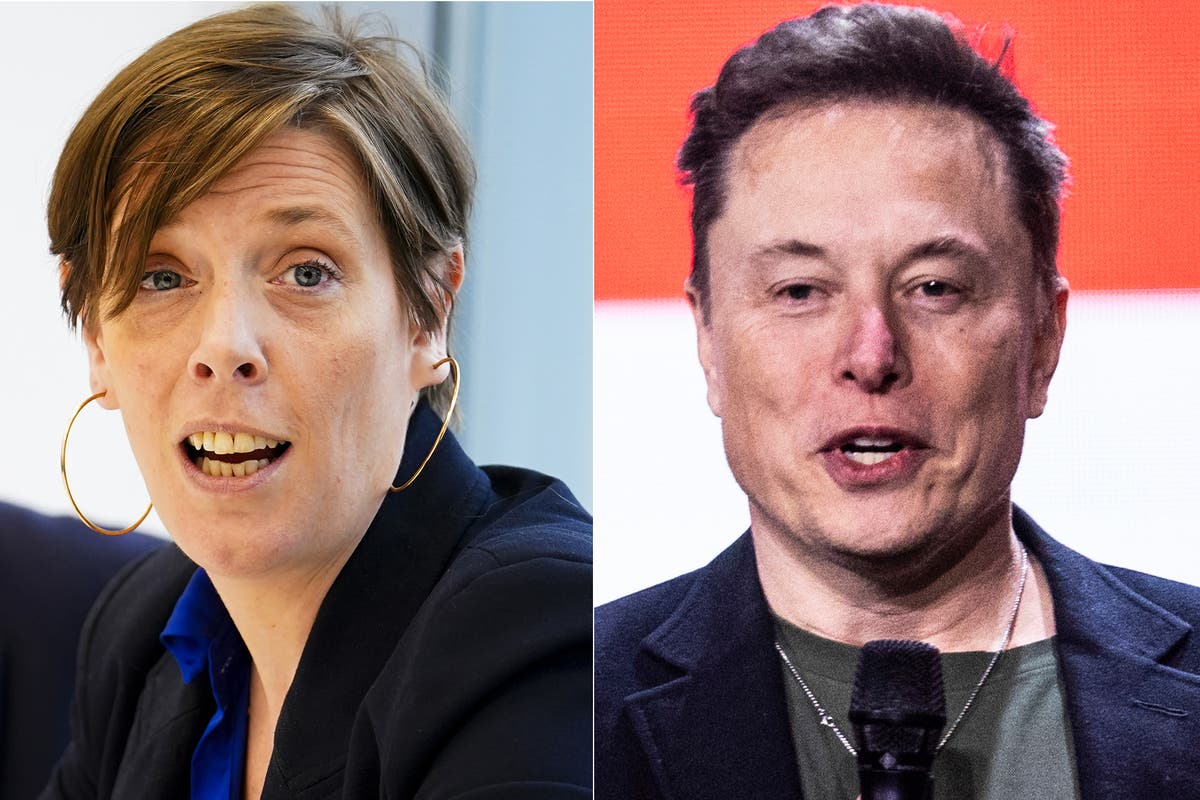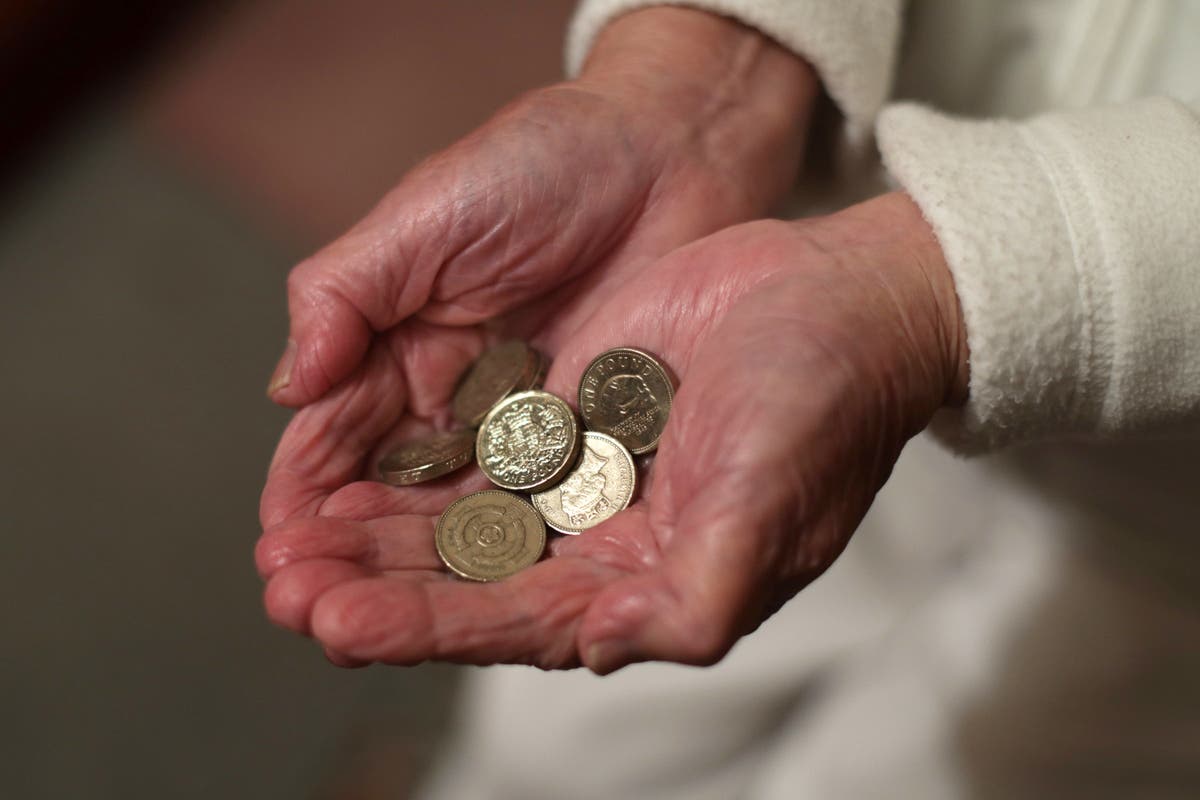Donald Trump's incoming administration is signaling a more assertive stance toward its allies, potentially straining the "special relationship" with the UK. Sebastian Gorka, Trump's incoming counter-terrorism chief, urged the UK to repatriate British citizens held in Syrian ISIS prison camps, arguing this is essential for maintaining a strong alliance.
Gorka's comments, published in The Times, emphasize the importance of the UK taking responsibility for its citizens, particularly those like Shamima Begum, a former London resident who fought and lost a legal battle to reclaim her British citizenship. He asserts that a failure to act would undermine the perceived seriousness of the UK's commitment to countering ISIS.
This initiative contrasts with previous approaches. While Joe Biden called on the UK to take back ISIS fighters in 2021, there was no suggestion that a failure to do so would harm relations. This new stance suggests a potentially more contentious transatlantic dynamic.
Beyond the ISIS repatriation issue, the incoming Trump administration is also taking a hard line on trade. Trump has vowed to impose tariffs on imported goods, a move that could negatively impact the UK economy. The incoming Chancellor Rachel Reeves has already indicated a commitment to lobbying against these measures.
Furthermore, the administration has intensified pressure on European NATO allies to increase defense spending, demanding a 5% of GDP threshold, prompting questions about the transatlantic burden-sharing dynamic. This pressure highlights an anticipated divergence in approaches to international issues.
A UK government spokesperson stated a commitment to security, implying a willingness to engage with the new administration but also to safeguard British interests.







